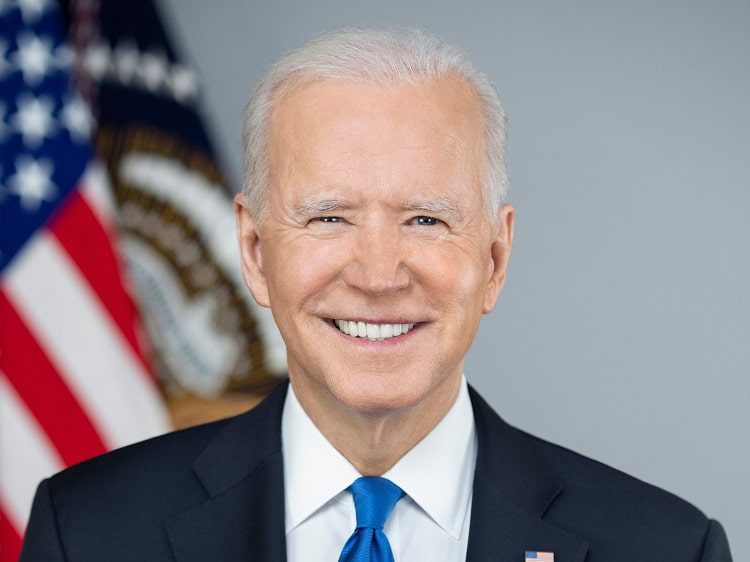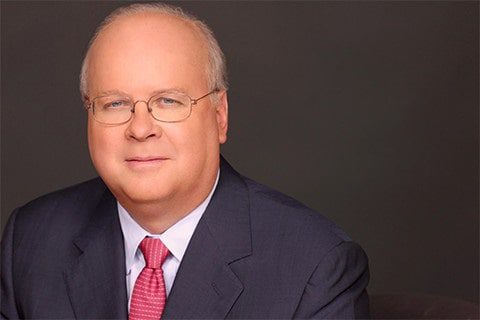
Opinion
By Karl Rove
Among the more grating parts (and there were many) of President Biden’s Independence Hall speech last week were his repeated references to election deniers. “Democracy cannot survive when one side believes there are only two outcomes to an election: either they win or they are cheated,” he thundered. “I will not stand by and watch elections in this country stolen by people who simply refuse to accept that they lost.”
This is annoying because Mr. Biden owes his presidency to an election denier. In 2020 his faltering presidential primary campaign was rescued by the endorsement of Rep. James Clyburn (D., S.C.).
This powerful South Carolina politico was one of 31 Democratic House members who voted on Jan. 6, 2005, to object to awarding Ohio’s electoral votes to President George W. Bush, despite Mr. Bush winning the Buckeye State by 118,601 votes. Flipping Ohio would have made John Kerry president by a 271-266 Electoral College vote.
On the House floor in 2005, the ranking Judiciary Committee Democrat, Rep. John Conyers (D., Mich.), presented the case for awarding Ohio to the Democrats, claiming “electronic machines transferred” votes from Mr. Kerry to Mr. Bush, creating situations with “significantly more votes than voters in some precincts, significantly less ballots than voters in other precincts, and voters casting more than one ballot.” He even asserted that a voting-machine company “reprogrammed the computer by remote dial-up” in a way that altered the outcome. Sound familiar?
Mr. Clyburn, now House majority whip, wasn’t the only significant Democrat pushing these wacky theories. Consider other 2005 Democratic election deniers who today hold top congressional posts. These include then-Rep. Ed Markey (D., Mass.), now a senator; Rep. Raúl Grijalva (D., Ariz.), Natural Resources Committee chairman; Rep. Frank Pallone (D., N.J.), Energy and Commerce Committee chairman; Rep. Maxine Waters (D., Calif.), Financial Services Committee chairman; Rep. Bennie Thompson (D., Miss.), chairman of both the Homeland Security and Jan. 6 committees; Rep. Danny K. Davis (D., Ill.), chairman of a Ways and Means subcommittee; Rep. Sheila Jackson Lee (D., Texas), a senior member of the Judiciary, Homeland Security and Budget committees; and Rep. Jan Schakowsky (D., Ill.), senior chief deputy whip. Even the now-deceased civil-rights icon, Rep. John Lewis (D., Ga.), was an election denier, voting not to accept Ohio’s certification for Mr. Bush.
Though she didn’t vote to flip the Buckeye State, then-Minority Leader Nancy Pelosi (D., Calif.) defended her party’s election deniers. She said the “debate is fundamental to our democracy” and warned Republicans not to “talk about this as a ‘conspiracy theory,’ ” arguing instead “it is about the Constitution.”
Despite all this, Mr. Biden’s rhetoric on the evils of election denial was untempered last week. He assailed “MAGA Republicans,” saying they “refuse to accept the results of a free election” and are “determined to succeed in thwarting the will of the people.” The president vowed that he would not “stand by and watch . . . the will of the American people be overturned by wild conspiracy theories and baseless, evidence-free claims of fraud.”
Some apologists might excuse Mr. Biden’s bombast by saying he was talking about the mob that stormed the Capitol, assaulted police officers, and tried breaking up a joint congressional session. But that’s not what Mr. Biden said. His targets included MAGA Republicans who merely watched the Jan. 6 riots—with sympathy, Mr. Biden claims, though the truth is few Republicans approved of the mob’s actions.
Op-Ed by Mr. Rove, courtesy of rove.com, was first published in The Wall Street Journal.

Karl Rove served as Senior Advisor to President George W. Bush from 2000–2007 and Deputy Chief of Staff from 2004–2007. At the White House he oversaw the Offices of Strategic Initiatives, Political Affairs, Public Liaison, and Intergovernmental Affairs and was Deputy Chief of Staff for Policy, coordinating the White House policy-making process.
Mr. Rove has been described by respected author and columnist Michael Barone in U.S. News & World Report as “…unique…no Presidential appointee has ever had such a strong influence on politics and policy, and none is likely to do so again anytime soon.” Washington Post columnist David Broder has called Mr. Rove a master political strategist whose “game has always been long term…and he plays it with an intensity and attention to detail that few can match.” Fred Barnes, executive editor of The Weekly Standard, has called Mr. Rove “the greatest political mind of his generation and probably of any generation. He knows history, understands the moods of the public, and is a visionary on matters of public policy.”
Before Mr. Rove became known as “The Architect” of President Bush’s 2000 and 2004 campaigns, he was president of Karl Rove + Company, an Austin-based public affairs firm that worked for Republican candidates, non-partisan causes, and non-profit groups. His clients included over 75 Republican U.S. Senate, Congressional, and gubernatorial candidates in 24 states, as well as the Moderate Party of Sweden.

